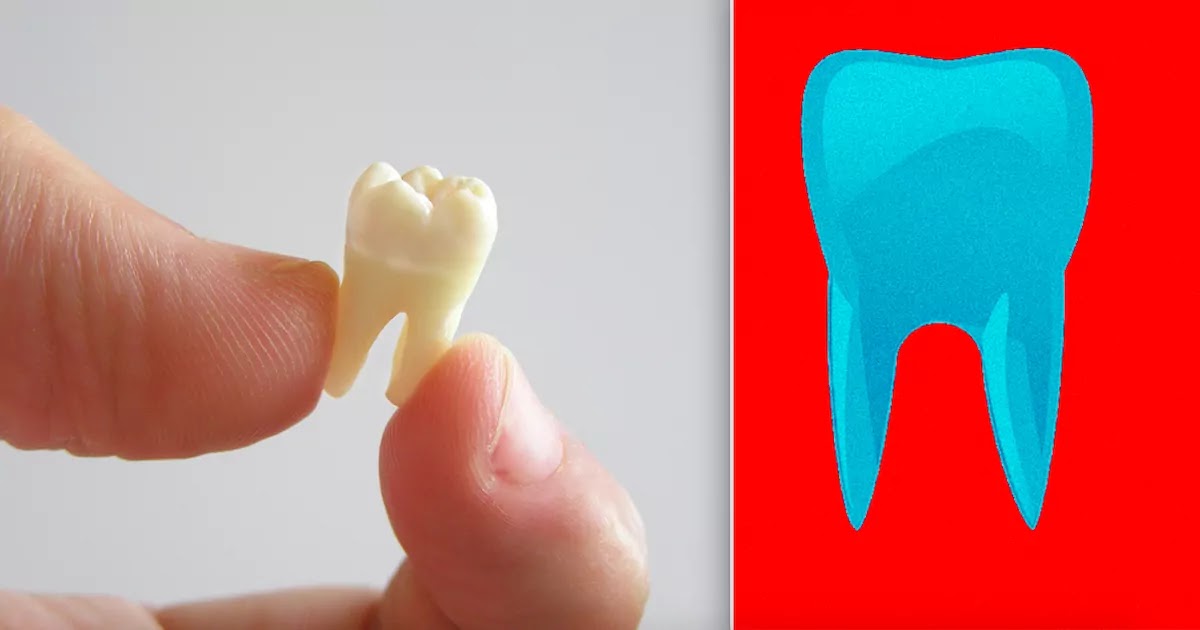
Scientists in Japan have unveiled a new experimental drug treatment that could help people regrow teeth.
The findings were made by scientists at Japan's Kyoto University and the University of Fukui who developed a new monoclonal antibody treatment that has been shown in experiments to regrow teeth in mice.
These scientists are now hoping that their findings could help develop drugs appropriate for humans which will grow back lost teeth, or those teeth that have not developed due to congenital conditions.
Initial experiments using the drug resulted in mice suffering genetic deficiencies, however, the team was able to alleviate these kinks through tinkering with the drug and eventually produced a substance that can regrow teeth while avoiding the nasty and unwanted side effects.
The researchers realised that by blocking a gene called USAG-1 with the drug, there was increased activity of the Bone Morphogenic Protein (BMP), which regulates bone growth in the anatomy.
The experiment was carried out for a second time on ferrets instead of mice, and the outcome was also that the ferrets regrew missing teeth. As ferrets have teeth more similar to humans, this bodes well for taking the drug into the human medical environment.
Katsu Takahashi, who is leading the study, said:
"Ferrets are diphyodont animals with similar dental patterns to humans. Our next plan is to test the antibodies on other animals such as pigs and dogs."
This isn't the first drug to be found that can regrow teeth.
In 2019 researchers at King's College London found that the drug Tideglusib stimulated stem cells, the building blocks of the entire human anatomy, to regrow teeth. This drug was injected into the teeth of mice and resulted in teeth being regrown. Both human and mice teeth have a natural ability to rebuild some of their structure, but this is very limited, while when the drug was used it completely restored the damage.
Tideglusib, in effect, turns off the enzyme GSK-3, which stops dentine from continuing to form once a tooth had grown to its natural size. The drug is normally used for the treatment of Alzheimer's patients.
These new drug developments could, in years to come, mean an end to cavities being filled using traditional methods.
[h/t: Futurism]













COMMENTS